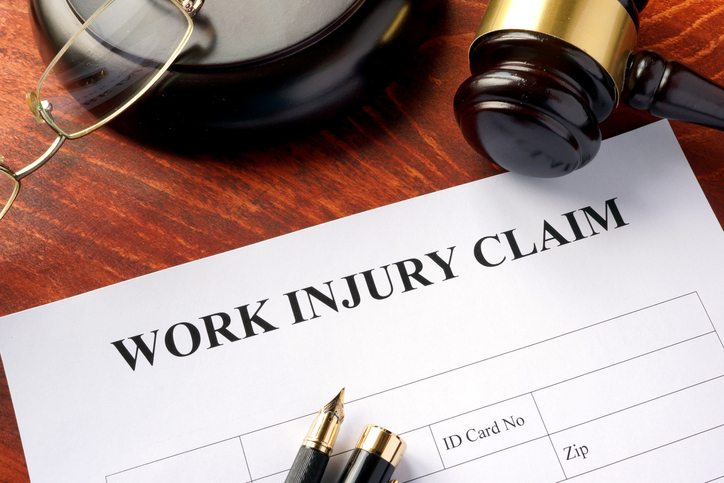Blog

Innovative NY Workers Comp Program for Independent Contractors
While workers compensation can be an important resource and source of benefits for workers injured on the job, coverage is linked to salaried, full-time employment. Contractors — workers who are not employed full-time, but who often work hourly or just for specific assignments — are not covered by workers compensation. As a result, they are not entitled to its benefits, which include compensation for medical bills and lost wages.
Number of Contractors Is Rising
What happens, then, when someone who is a contractor is injured while at work?
The issue is always important, but it has become even more pertinent given the growing role of contractors in the United States economy. Many benefits, including workers compensation, but also employer-paid health insurance and 401(k) retirement plans, were designed in a period when full-time salaried employment was the norm nationwide. They are, for the most part, effectively tethered to this form of employment.
Now, though, roughly 20% of the U.S. workforce works on a contract basis. Experts forecast that in the next 10 years, contractors might make up 50% of the total working population.
Innovative Program for Drivers, Supported by New York State
In late January, National Public Radio (NPR) focused on a ground-breaking program designed to provide workers comp and other benefits to contractors who are taxi and car drivers for the public. The beneficiaries are taxi and limousine drivers, as well as drivers for newer ride-hailing car services such as Uber and Lyft.
The program, called the Black Car Fund, exists only in New York. It was formed by New York state lawmakers in 1999, with the intent of offering workers compensation benefits to drivers who were injured while they were working.
It covers both part- and full-time drivers. Roughly 125,000 New York drivers are covered. The Black Car Fund is also expanding its benefits.
The Black Car Fund functions well, observers say, because the state’s legislature and the taxi and limousine sector both threw their support behind it. The New York state taxi and limousine industry has traditionally been heavily regulated, and has historically been a business were drivers often contracted for work, rather than working full-time, or for one employer.
The sector saw it as a reasonable way to solve the problem of work-related accidents that harmed drivers.
The fund receives the money it pays out in benefits from a 2.5% consumer surcharge, which is levied on every taxi, limousine, and car ride in the state.
A Model for Other States?
Not only is the Black Car Fund successful in protecting its drivers from facing job-related injuries entirely alone and on their own dime, but several other states see it as a model for solving the problems of contractors nationwide.
Both New Jersey and Washington state, for example, are considering legislation that would require fee collection for a wide spectrum of freelance work. Like the Black Car Fund, the fees would be used to fund workers compensation.
The program addresses a growing contemporary problem: as more and more workers are contractors, a system designed to provide benefits only to salaried employees increasingly doesn’t work for a large segment of the public.
If You Need to Speak to an Attorney About Workers Comp
Aronova & Associates offers legal representation to New Yorkers who have been hurt on the job. We will fight to protect your rights, and make sure you get every dime of worker’s compensation that is owed to you. Call us today to speak with an experienced NY worker’s compensation lawyer about your case. All initial consultations are at no cost to you.
Contact Us
Ready to Work for You
Aronova & Associates is a firm for all New Yorkers. Our services are available in multiple languages and tailored to the needs of every client. The first step in providing you with the help you need is a free consultation to discuss your case. When you’re ready to talk, we’re ready to get to work for you.
Hours
Mon - Fri 9 AM to 6 PM
Disclaimer: The submission of our contact form does not form an attorney-client relationship. You may not rely upon this information as legal advice.
